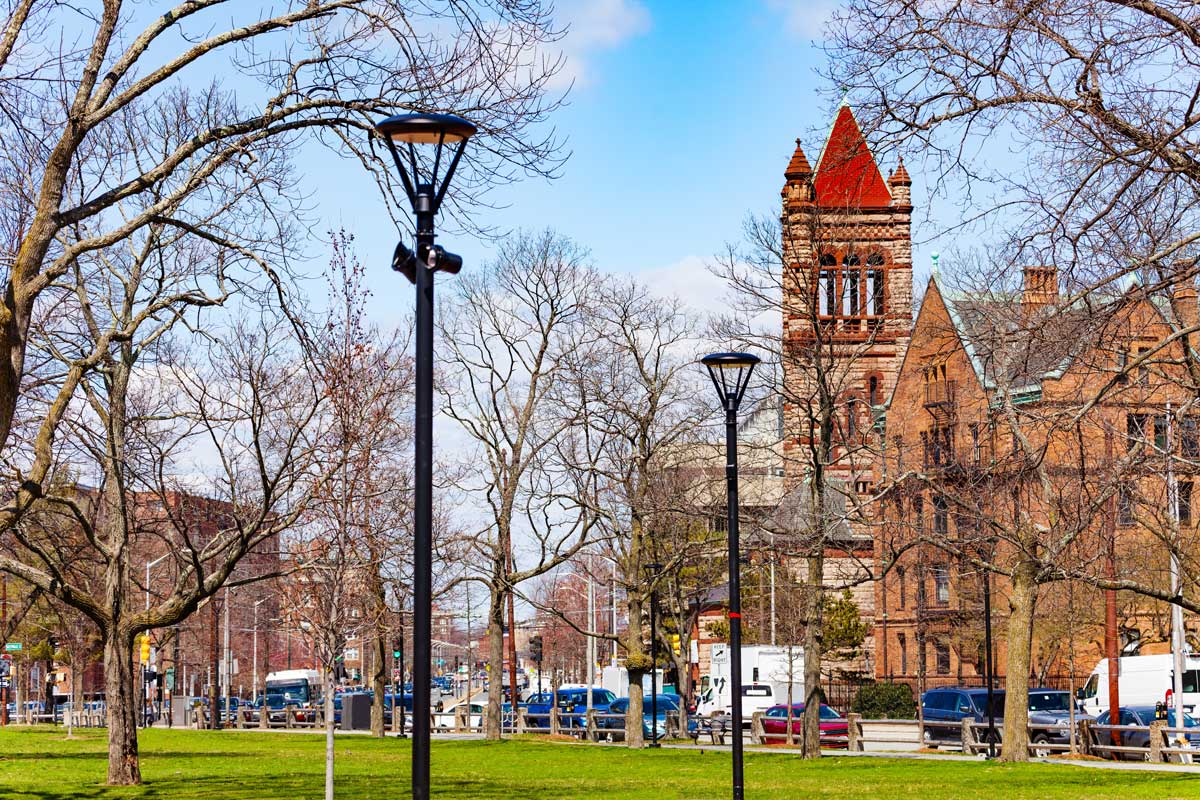Legacy admissions are typically defined as the preferences given by colleges to applicants who have a relationship to alumni of the institution. They can also include preferences extended to the children of individuals who made significant donations to the college or its programs. After the Supreme Court decision banning affirmative action was announced on June 29th, I heard and read commentary that legacy admissions should be banned if affirmative action was banned.
It didn’t take long (July 3rd) for a group called Lawyers for Civil Rights to file a complaint with the U.S. Department of Education Office of Civil Rights against Harvard’s legacy admissions policies. The claim is that Harvard’s legacy admissions policies discriminate against applicants of color.
Out of the more than 4,000 colleges and universities in the United States, approximately 200 of them have highly selective admissions where fewer than 50 percent of applicants are admitted. NPR’s Elissa Nadworny wrote that even though the ruling affects a small number of students, what happens at these highly selective institutions matters “because of their role as a key gatekeeper to access at high levels of government and industry.”
Ms. Nadworny reported that a recent Georgetown University research study indicated that without race-conscious admissions practices, maintaining or exceeding existing levels of representation for all racial/ethnic groups would require upending the selective admissions system. All six admissions models used by the researchers assumed that preferences eliminated would include legacy applicants, student athletes, and other groups that were unrelated to academic merit, race/ethnicity, or socioeconomic status.
In a July 7th opinion piece in the New York Times titled Legacy Admissions Don’t Work the Way You Think They Do, Princeton University sociology professor Shamus Khan noted the complaint about legacy admissions filed against Harvard. He wrote that it is a powerful argument that if racial preferences in admissions are not allowed, then legacy preferences should not be allowed either. He cites Princeton’s overall admissions rate of five percent versus their 30 percent admissions rate for legacy applicants.
Professor Khan writes that legacy applicants were already on the path to success before their admission to an elite college or university. He adds that there is considerable evidence that their attendance at elite universities does not make a difference in their earnings later in life. One group that receives an economic boost from attending elite colleges includes poor students, students of color, and students whose parents didn’t have a college degree. The reason for that economic boost is that elite colleges connect these students to students born with deep social and cultural connections, those that legacy preferences admit in large numbers.
Mr. Khan writes that if legacy preferences are eliminated, those students are likely to be replaced by other privileged students rather than underprivileged ones. He further adds that as colleges and universities consider restructuring their admissions systems post the SC’s affirmative action decision, they should “take the time to consider how the presence of privilege can aid the disadvantaged.”
Mr. Khan suggests that if we are asked what students get out of elite colleges, many of us would believe that the most important benefit is the exceptional knowledge that elite professors can deliver in the classroom. However, there is no evidence that privileged students benefit from exceptional human capital gained in the classroom.
Instead, Mr. Khan writes that students who attend elite colleges and universities benefit most from symbolic capital (the value of being associated with an elite institution), social capital (the value of an individual’s network), and cultural capital (the value of exposure to high status practices and mores). Students who arrive with a background of privilege have already accrued most of this capital. For students from underprivileged backgrounds, the elite college experiences that lead to the accumulation of this type of capital can be transformative.
Professor Khan writes that he would be glad to see legacy preferences go away. However, he does not imagine that getting rid of them would do much to balance the scale in the favor of those from underprivileged backgrounds. He notes that legacy students are a small percentage of the pool of privileged students who are rich in symbolic, cultural, and social capital.
When the NYT published Mr. Khan’s essay, a friend of mine forwarded it to me and two other friends. All four of us are from underprivileged backgrounds, attended the same private school on scholarships, and from there attended Dartmouth, Duke, Haverford, and Washington & Lee on institutional scholarships including federal financial aid. In our group chat about the essay, we discussed the many lifetime friends and connections that we received from attending those schools with students from privileged backgrounds.
I believe that Professor Khan makes several good points. Eliminating all students from a privileged background at elite institutions will likely eliminate the introduction to the benefits of social and cultural capital for underprivileged students. From a business perspective, if the percentage of full-pay students is approximately 60 percent of all students, building a student body of underprivileged students will be very expensive. Professor Khan is also the author of Privilege: The Making of an Adolescent Elite at St. Paul’s School. He may be one of the few people who has studied the differences between privileged and non-privileged students at length.
I believe that affirmative action provided many benefits to students of color. The state of California banned it long before the Supreme Court ruled that the specific practices at Harvard and the University of North Carolina did not meet lawful standards. I believe California’s state universities ultimately figured out a system to increase diversity.
There are legal ways to consider race; colleges and universities will have to work hard to reform their admissions practices and policies. I opposed legacy admissions when I applied to college as a first-generation college student mainly because of my naïveté. I think Professor Khan presents a valid case for why recruiting only underprivileged students may not be a great idea. We’ll see how our colleges and universities adjust their processes over the next few years.











